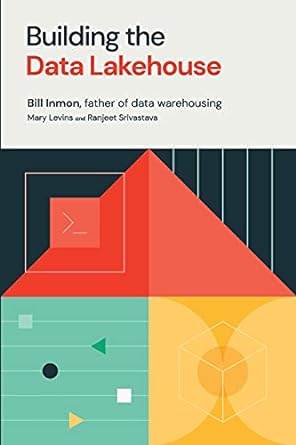Answered step by step
Verified Expert Solution
Question
1 Approved Answer
why is the following python code for looking through database movie files and writing 20 random movies to a titles.txt file giving me an index
why is the following python code for looking through database movie files and writing 20 random movies to a titles.txt file giving me an index out of range error line 50, in main if currMovie[1] == "movie" and currMovie[4] == "0": IndexError: list index out of range........i am accessing 3 files (titles.basics1.tsv, name.basics1.tsv, and title.principals1.tsv) the first has 9 fields, the second has 6 fields and the third has 2 fields...maybe this is a cause for the answer but i dont think so. Please help me make this code work.
import random # open files # read files # do some stuff # close files open('name.basics1.tsv', encoding="utf8") titles = open('title.basics1.tsv', encoding="utf8") # code to count the lines of the specific file def countLines(fileObj): #fileObj = open(fileName, encoding='utf8') counter = 0 line = " " while not line == "": counter += 1 line = fileObj.readline() return counter # gets the value of each line def getValueAtLine(fileObj, lineNum): counter = 0 line = " " while not counter == lineNum: counter += 1 line = fileObj.readline() fileObj.seek(0) return line # main function part 1: starts by getting all the lines in the file, opens, # and creating an empty array of movies. While the "movies" array is less than 20, # it will go through the line numbers randomly and grab the value at the line, split it at the tab, # and if the movie is a movie (currMovie[1]=="movie" and is NOT an adult movie (currmovie[4]=="0") # then we will append that currMovie value to the movies array. def main(): titles = open("title.basics1.tsv", encoding="utf8") maxLines = countLines(titles) movies = [] while not len(movies) == 20: lineNumber = int(random.uniform(2, maxLines)) currMovie = getValueAtLine(titles, lineNumber).split("\t") if currMovie[1] == "movie" and currMovie[4] == "0": movies.append(currMovie) titles.close() # this code is getting all the lines of the principal cast. # getting the cast at a specific line, splitting them at the tabs, # and then for currMovie in the array of movies, seeing if the # tconst of titles.basics matches the tconst of titles.principals # then we split them at the commas(getting principal cast) castNum = open("title.principals1.tsv") line = " " while not line == "": line = castNum.readline()[:-1] lineSplit = line.split("\t") for currMovie in movies: if currMovie[0] == lineSplit[0]: currMovie.append(lineSplit[1].split(",")) castNum.close() # gets the cast names for everything, splits at tabs, and appends each # of the cast in the currMovie[-1] column to the movies array # with corresponding numbers castName = open("name.basics1.tsv") line = " " while not line == "": line = castName.readline() lineSplit = line.split("\t") for currMovie in movies: for cast in currMovie[-1]: if lineSplit[0] == cast: currMovie[-1].append(lineSplit[1]) currMovie[-1].remove(lineSplit[0]) castName.close() # writes everything to the titles.txt document titleAndCast = open("titles.txt", 'w') string = "" for currMovie in movies: string += currMovie[2] for cast in currMovie[-1]: string += "\t" + cast string += " " titleAndCast.write(string) titleAndCast.close() # runs the main function main() Step by Step Solution
There are 3 Steps involved in it
Step: 1

Get Instant Access to Expert-Tailored Solutions
See step-by-step solutions with expert insights and AI powered tools for academic success
Step: 2

Step: 3

Ace Your Homework with AI
Get the answers you need in no time with our AI-driven, step-by-step assistance
Get Started


